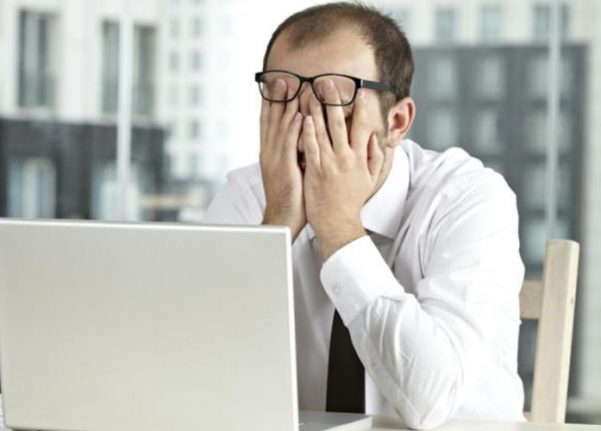Thomas Schlatte from MeineRaumluft.at said that 500 companies across Austria participated in the study, from small firms to large corporations.
The study found that during the cold season, when offices are heated, CO2 levels are above 1,000 ppm in every third office.
There is no legal limit for carbon dioxide in offices, which is released during breathing.
Schlatte said that in general, levels above 1,500 ppm make it difficult to concentrate and can cause headaches. One in ten offices were found to have levels over 1,500 ppm.
The study also found that the risk of getting respiratory infections and having to take sick leave rose with CO2 levels.
More than one third of offices had less than 30 percent humidity. "This is dramatically exacerbated in the heating season," Schlatte said.
Recommended humidity values are between 40 and 60 percent, and with air conditioning 70 percent. The more humid the air is, the less susceptible people are to infectious diseases.
An office temperature above 25 degrees will make workers feel more tired, and the ideal temperature is between 20 and 22 degrees.
House plants can help improve the office environment by filtering pollutants in the air and restoring humidity, according to environmental consultant Manuela Lanzinger. She recommended three to six large houseplants for an office measuring 30 square metres.



 Please whitelist us to continue reading.
Please whitelist us to continue reading.
Member comments